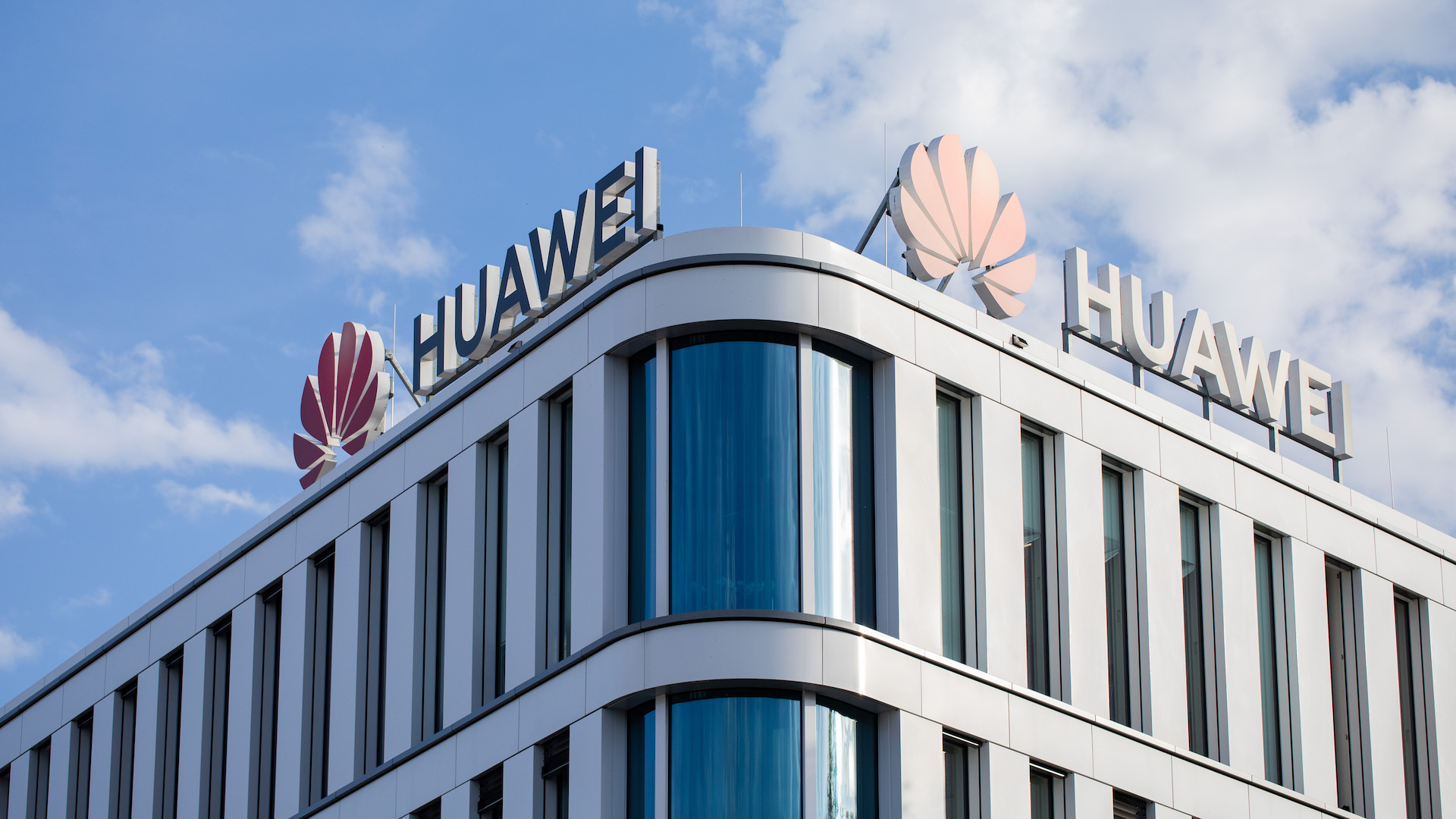

Germany’s telecom providers are beginning to piece together their plans to blanket the country in ultra-fast 5G cellular coverage. This next-generation wireless tech promises breakneck speeds with low latency thanks to its dense coverage requirements; the perfect use-case for the Internet of Things, which is the core of many new emerging technologies. Specifically, city infrastructure and connected cars are a hot button topic, one that has drawn German automakers into a technological, commercial, and political firestorm.
An overhaul of any telecom network is no small feat; according to NPR, German officials estimate that even the largest providers will need to invest as much as 18 percent of revenue into the upgrade of its network. This purchasing opportunity has attracted some of the largest global vendors interested in securing contracts that would put their equipment in place of this internet backbone, including a Chinese tech conglomerate called Huawei.
Huawei’s involvement has brought push-back from one of the German auto industry’s biggest consumer markets: the United States.
For more than a year, the U.S. has embarked on a campaign to turn its back on Huawei, even adding it to the Department of Commerce’s Entity List, claiming that the state-sponsored company contains backdoors which permit China to spy on and perhaps take malicious action using hardware that ships from within its borders. Huawei has denied these claims.
Where the line begins to blur is directly related to intelligence. Huawei, being a Chinese company, is required to share intelligence with government agencies in Beijing if requested. While this might seem like a far-fetched dystopian future, this kind of information gathering is already happening with vehicles sold and operated in China. Oh, and in case you’re wondering who the biggest market is for German automakers, it’s China.
Presently, more than 200 automakers that sell connected electric vehicles in China are required to beam real-time data straight to a monitoring facility in Shanghai. The regulations insist this information must include (at minimum) 61 different data points, including VIN number, location, and even the battery’s current charged level. Cars sold by BMW, Daimler, Ford, General Motors, Mitsubishi, Nissan, Tesla, Volkswagen, and more are all included in this requirement.
In a 2018 interview, Volkswagen Group China’s CEO Jochem Heizmann acknowledged that data was being provided to real-time monitoring services and could not provide any guarantee that the information was not being used for state-sponsored surveillance.
As the U.S. sits on Germany’s left shoulder attempting to persuade the country to ban the use of Huawei equipment in its core infrastructure, China is perched on the right with words of warning.
“If the German government made a decision that led to the exclusion of Huawei from the German market, it will have consequences – the Chinese government will not stand idly by,” said Wu Ken, China’s ambassador to Germany. “See, last year, 28 million cars were sold in China, 7 million of those were German. Can we just declare German cars unsafe, because we can make our own cars? No, that would be pure protectionism.”
German lawmaker Konstantin von Notz took that as a veiled threat and believes that China is talking about one of Germany’s biggest cash cows.
“The Chinese have made clear that they will retaliate where it hurts,” Notz told The New York Times. “The car industry.”
With pressure mounting on both sides, two countries that represent a large chunk of Germany’s auto exports have put the transportation industry square into their sights. German lawmakers are almost certain that an outright ban will result in a push-out of the German auto industry in China. When automakers like Volkswagen earn nearly half of its revenue through operations in China, the fallout from a market push-out could be economically disastrous.
On the other hand, officials fear that by permitting Huawei to build Germany’s network, the U.S. may retaliate with the use of tariffs or import restrictions. While this may not pose as much of a significant financial impact on German automakers, it will almost surely end up costing the consumer more and leading to an eventual decline of sales.
Got a tip? Send us a note: tips@thedrive.com